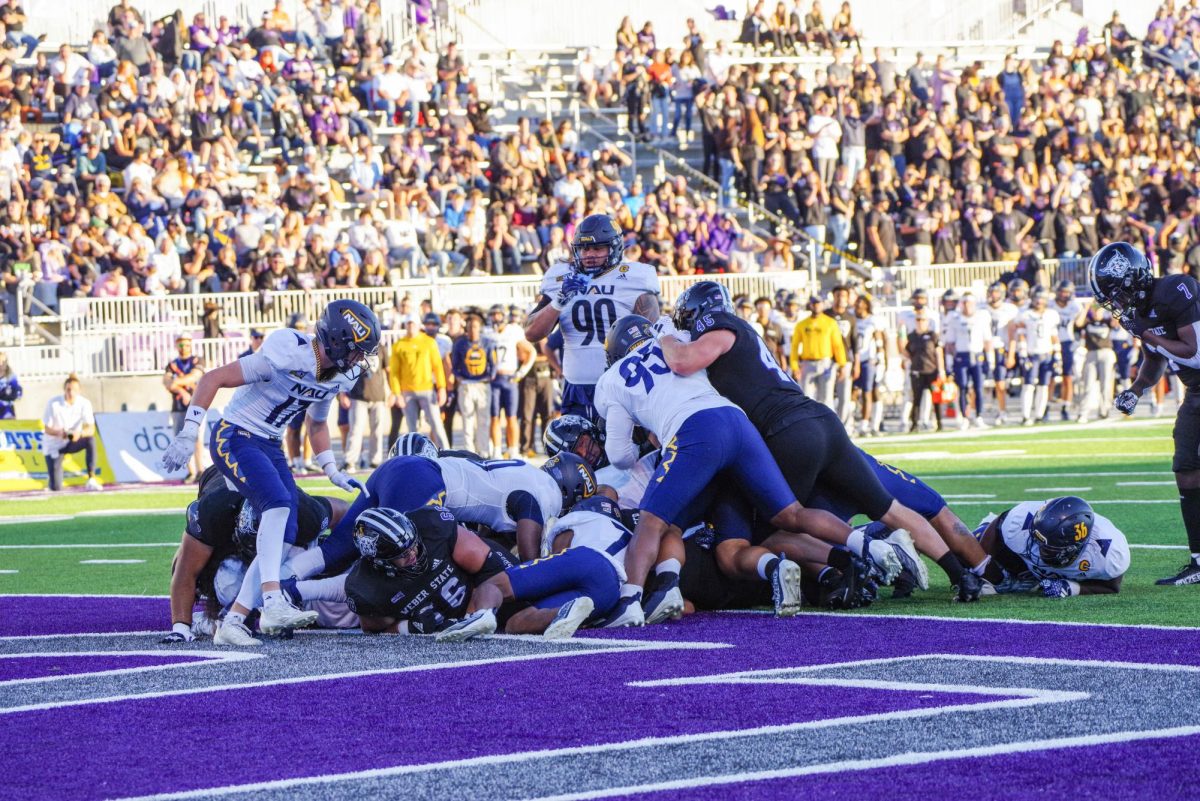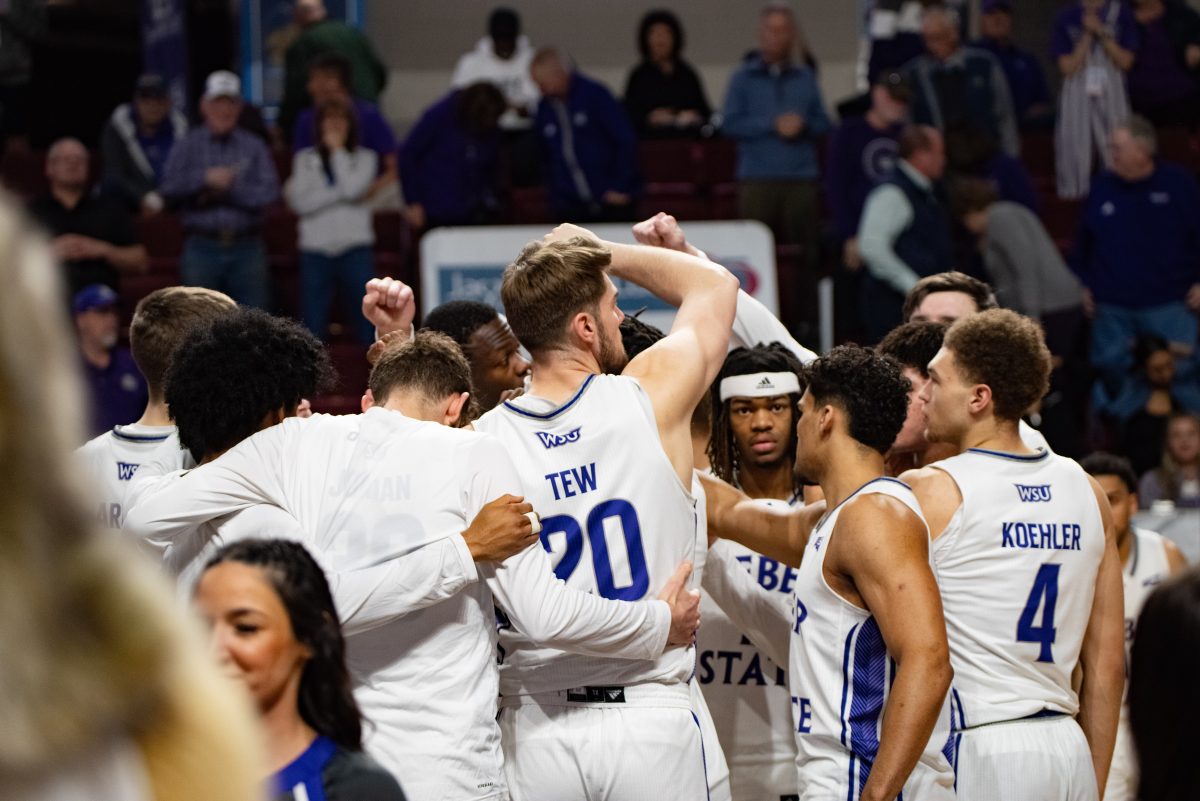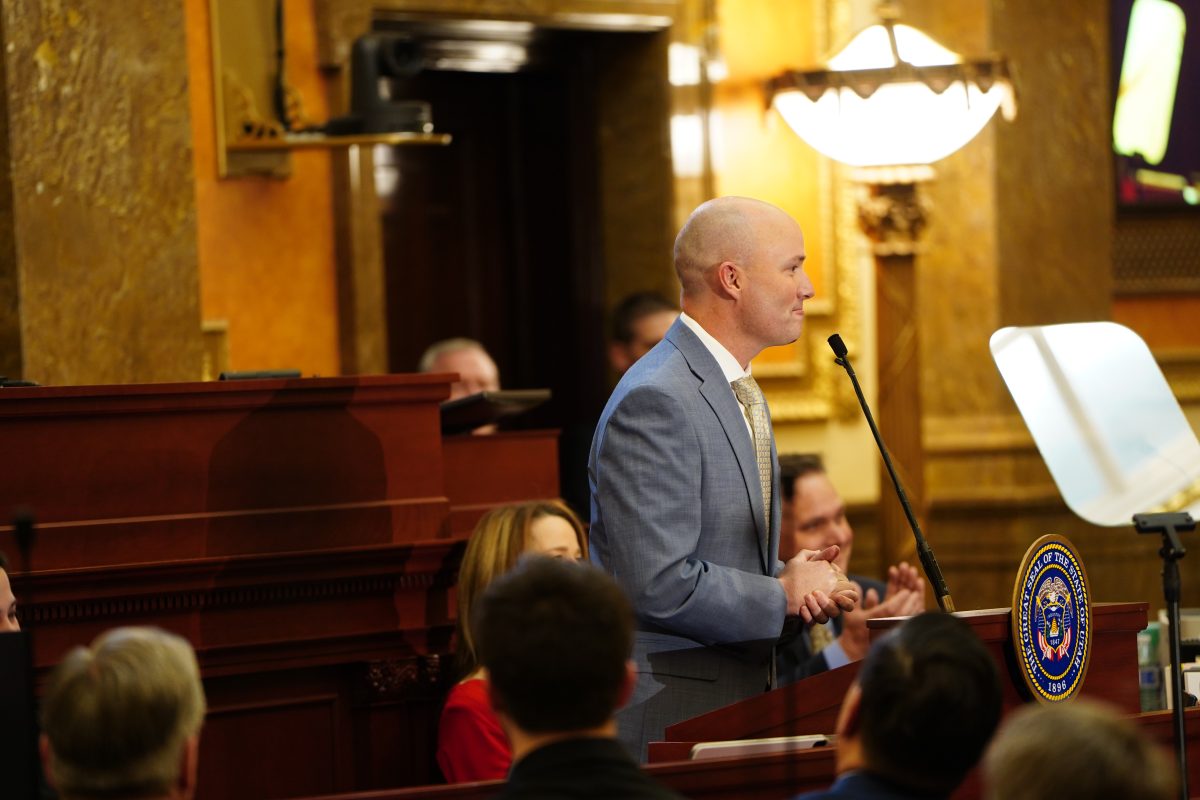
Volunteering can be a wonderfully rewarding experience, or it can be a horribly unsatisfactory experience. No matter which yours is, you should always come out more knowledgeable and aware of a particular problem or need than when you went in, which makes it valuable.
Weber State University works closely with many local and national organizations to provide students the opportunity to fill their resumes with community service, even going one step further by making it a requirement in many programs to graduate. To some, this may seem undesirable; however, it provides a platform for students to find out more about themselves and how willing they are to give their time to a need other than their own.
Ask anyone how they feel or what they think about volunteerism, and the majority of the time, you will get the same answers, “It’s a great thing to do,” “It’s humbling,” “I really enjoyed it.” But that “great” answer seems to be followed pretty regularly with “I wish I had more time to do it.”
The U.S. Bureau of Labor Statistics (BLS) began tracking volunteerism in 2001. Since that time, there has been a steady decline from a peak of close to 29 percent in 2003, a sudden crash in 2006 and then a steady decline to a current rate of a little more than 25 percent in 2014. This means that from 2013-2014, there were 62.8 million people 16 years or older that volunteered at least once through or for an organization. BLS also provides a chart to show why people are volunteering, and “the main organization where volunteers worked was often religious (33.3 percent of all volunteers).” Education ranked the next highest.
With religion being the number one reason for volunteerism and education coming in a close second, it’s no wonder that the Corporation for National & Community Service ranked Utah No. 1 in volunteerism in 2013. That’s not all. Ogden was ranked the No. 2 city in Utah for volunteerism with 52.2 percent or 227,200 residents putting in some 96.5 volunteer hours each. That is pretty cool because if you think about it, many of those hours must have come from WSU students, graduates or affiliates of WSU.
With spring break approaching quickly, this is a great time for students to find out what volunteer opportunities are available. Volunteer Guide provides information about a variety of opportunities available and how to make it “possible for busy people like you to volunteer and make a difference at anytime, from anywhere.”
First, think about what issues are important to you. Some might include animal welfare, community development, environmental protection or children’s issues. The next step is to decide how much time you have to put towards your volunteer efforts.
Volunteer Guide gives a variety of options for those who might only have 15 minutes to give to those interested in taking a long volunteerism vacation. These flexible options help so that anyone can realize even the smallest efforts make a positive difference, such as taking a minute or an hour to consolidate your closet and donate unused clothes to a local shelter, switching from plastic bags to reusable, cloth grocery bags or writing a letter to your local representative in regard to any particular issue.
WSU’s Center for Community Engaged Learning (CCEL) is another great place to find local and national opportunities on their calendar page. You can also be recognized for your personal efforts at CCEL by submitting your story on how you made a difference.
There are hundreds of ways to volunteer. Find what works for you, and make a difference in your life by helping in someone else’s.




